For 12 years, F1 appeared to have left behind its dark era when a driver fatality over a grand prix weekend was what former supremo Bernie Ecclestone described as "normal".
During the 1950s, '60s, and '70s, a spectre hung over the sport as numerous drivers lost their lives. As the cars evolved, safety standards, with the machinery and at circuits, failed to keep pace.
The death of another icon, Gilles Villeneuve in qualifying for the 1982 Belgian Grand Prix, sent shockwaves through the sport. Five weeks later, Riccardo Paletti was killed in a start-line incident at the Canadian Grand Prix.
Later in the season, Rene Arnoux was involved in a crash during the Dutch GP at Zandvoort, whilst Jochen Mass and Mauro Baldi suffered serious accidents at Paul Ricard over the French GP weekend that risked the lives of fans.
It resulted in F1 introducing major changes for the following season, notably a ban on ground-effect aerodynamics as the high-cornering speeds of cars with skirts had raised widespread concern.
Over the following decade further improvements were made, and whilst accidents naturally occurred, and injuries were sustained, by the time of the now infamous 1994 San Marino Grand Prix, no driver had been killed in an F1 race since Paletti.
That weekend at Imola changed F1 in ways no one could have imagined at the time.
Rubens Barrichello's 140mph crash at the Variante Bassa corner that sent him airborne and into a tyre barrier in his Jordan during the first qualifying session on Friday was the forerunner to arguably the blackest of times in F1's history. Barrichello's injuries ruled him out of the remainder of the weekend.
Viewed by others:
The following day, in the second qualifying session, Roland Ratzenberger, in only his third F1 event, was killed in a crash at the ironically named Villeneuve corner. With an impact of 500g, it remains the highest g-force crash in the sport.
A deeply troubled Senna was told by then FIA doctor, and close friend, Sid Watkins not to compete in the following day's grand prix, and to instead go fishing. The resolute Senna informed Watkins he would not quit and would race on. No more needs to be said.
"After the accident, I went into the control tower to see exactly what had happened," said Ecclestone, who was then running F1, exclusively to RacingNews365.
"I spoke to Sid there, and he said, 'It's his head'. I thought he said 'He's dead'. I came out of the control tower, and I was very upset, obviously. As I walked away I saw his [Senna's] brother [Leonardo]. He asked what had happened, and I said, 'Apparently, he's dead', and that was it.
"I left reasonably early. I just wanted to get the hell out of there. There was nothing anyone could do, and I didn't want to get involved in the talks about cancelling the race and not saying anything that he had died, that he was going to hospital.
"It was the story they'd put out because if he had died at the circuit then, of course, you had to cancel the race, so that's the reason why I didn't want to be dragged into the fact that he was dead."
In essence, Senna remained clinically alive, and it was not until that evening that Ecclestone learned of the Brazilian's fate. "I never cross-examined Sid and questioned whether he told me it was his head," he said.
From a period of 12 years without a death, F1 had suffered two in one race weekend. The sport had turned the clock back to what it believed was an era it would never revisit.
"We used to lose a lot of drivers, one or two during a year, then it went away and it wasn't like that anymore," said Ecclestone.
"The trouble was when somebody was killed, we moved on and nobody made an effort to do anything about it. It was so normal. It was stupid. Then all of a sudden, we were faced with it again."
Ecclestone's point can be underlined by the fact that when Villeneuve died, there was no minute's silence, and his space on the grid was not left vacant. It was almost as if his death had not occurred.
For Ecclestone, the impact of Senna's death had such an impact, that the words of then FIA president, and late friend Max Mosley, come flooding back.
"Max said to me, 'that will finish Formula 1 now', which is, I suppose, the way you'd have to think," recalled the 93-year-old. "In the end, Formula 1 became more popular."
As to why, Ecclestone replied: "I think it was because there was so much talked about what had happened. There was never an incident before that made people open their eyes a bit more. This was the one that did that."
Ecclestone's brief exchange with Leonardo Senna on the day of the accident, based on a misunderstanding after his conversation with Watkins, had repercussions.
It soured a previous cordial relationship with the Senna family, to such an extent that despite heading to São Paulo for the funeral, he was informed he was not welcome. Instead, Ecclestone watched proceedings unfold via television in his hotel room.
Thirty years on, Ecclestone insists Senna remains "a big miss for all of us". On Wednesday, the anniversary of Senna's death, he will pay his respects in his own way.
It is remarkable that despite the fact three decades have passed, Senna remains respected, revered, and remembered like no other driver before him.
Asked of Ecclestone why that was the case, he replied: "Because he was a special guy. He was that much different to the rest of the drivers."
He added: "The truth of the matter is that everyone thought he was protected. He just believed, and everybody else caught on and thought it would never happen to him.
"Now, if you ask anyone to name a Formula 1 driver [from the past], immediately they will say Ayrton."
Most read
In this article
Interviews RN365 News dossier
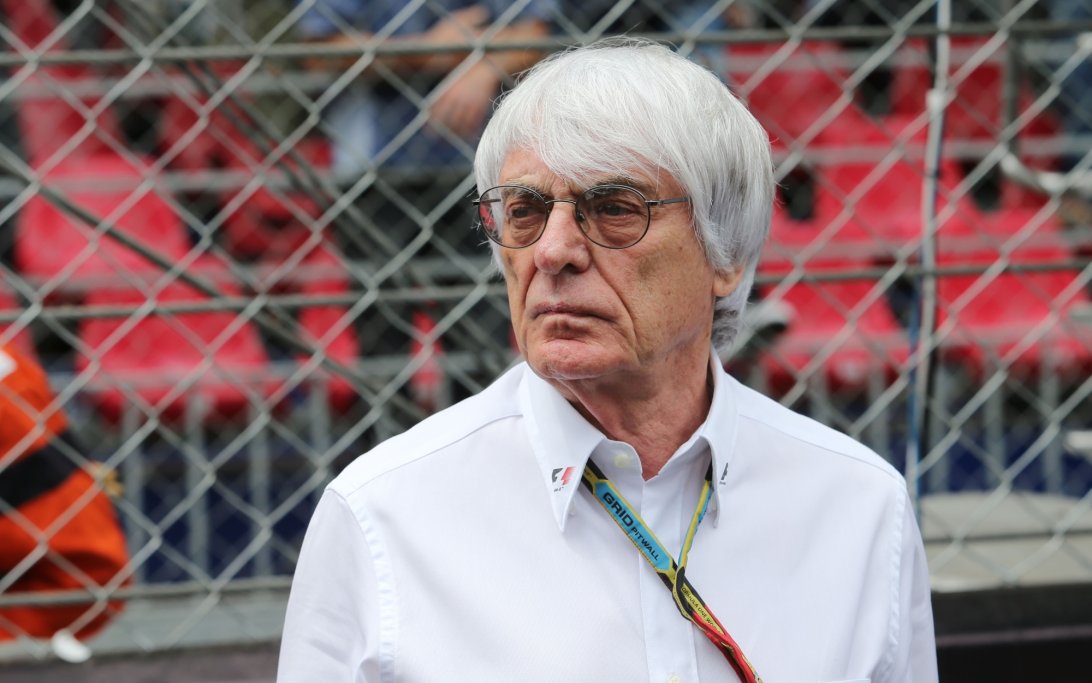
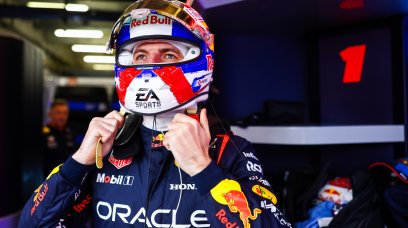
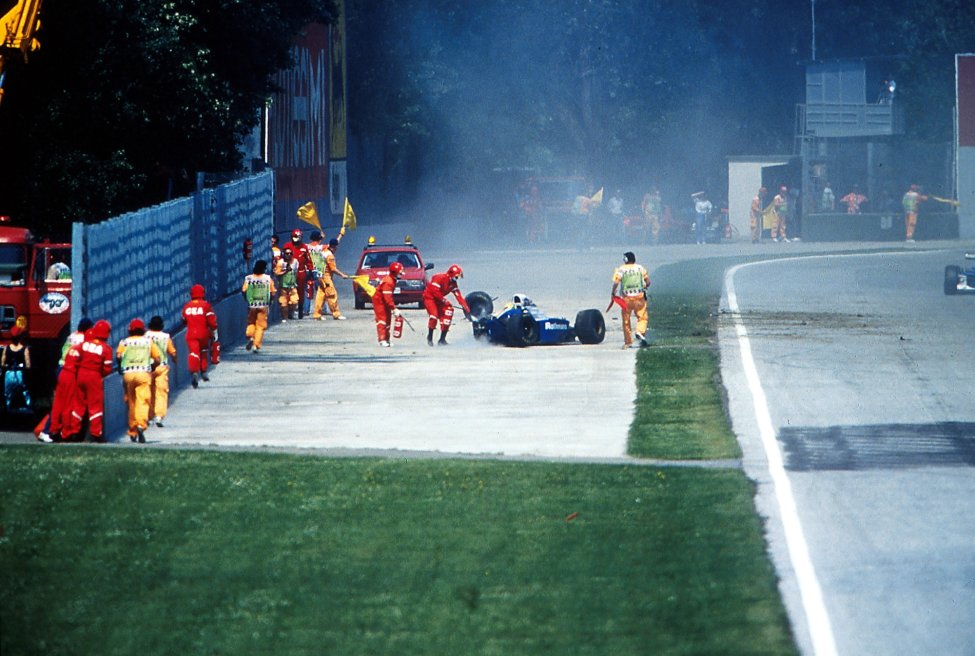


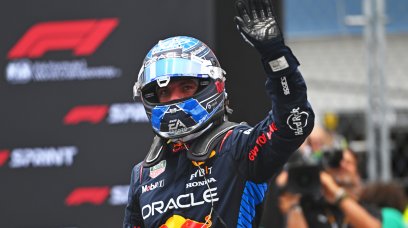
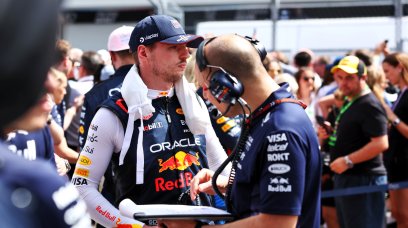








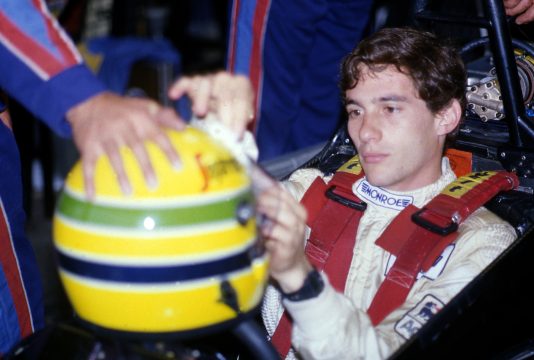
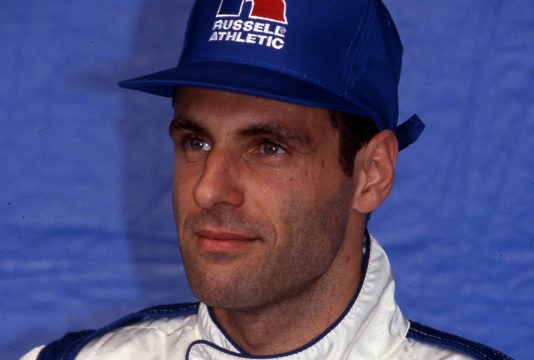
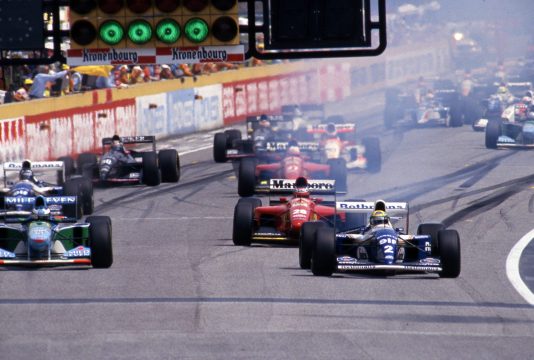




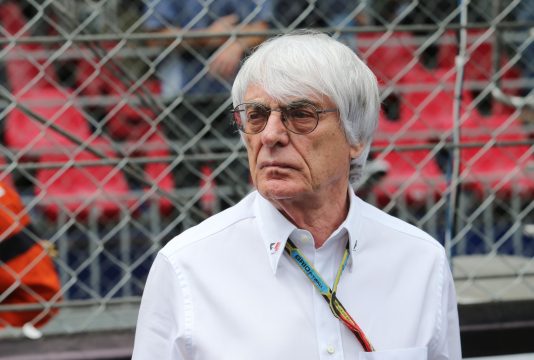

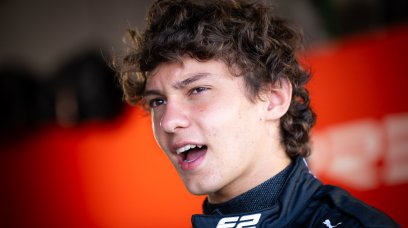
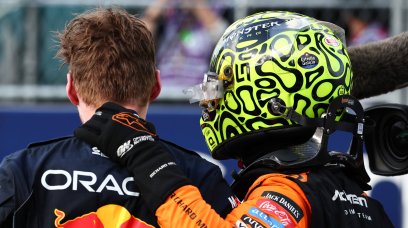
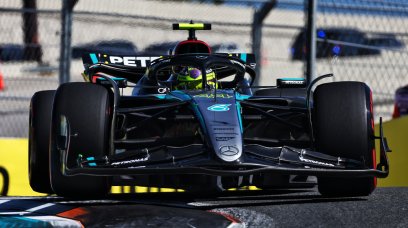












Join the conversation!